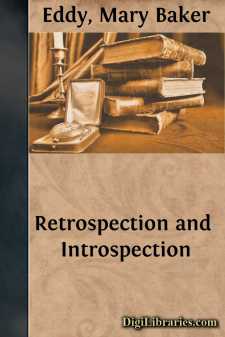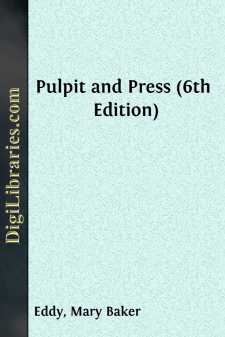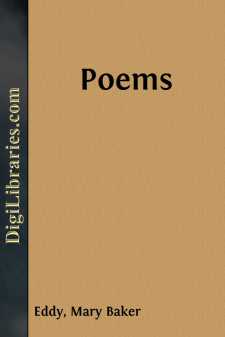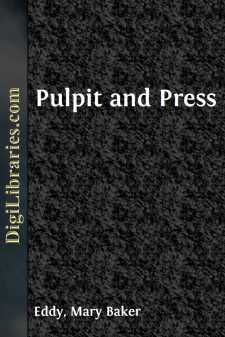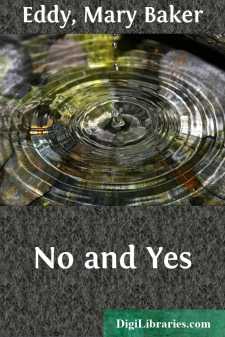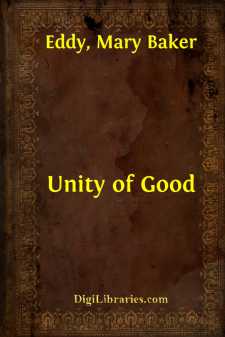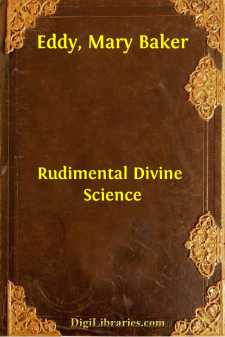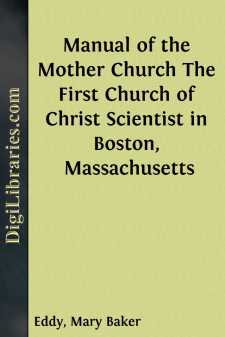Categories
- Antiques & Collectibles 13
- Architecture 36
- Art 48
- Bibles 22
- Biography & Autobiography 813
- Body, Mind & Spirit 142
- Business & Economics 28
- Children's Books 15
- Children's Fiction 12
- Computers 4
- Cooking 94
- Crafts & Hobbies 4
- Drama 346
- Education 46
- Family & Relationships 57
- Fiction 11828
- Games 19
- Gardening 17
- Health & Fitness 34
- History 1377
- House & Home 1
- Humor 147
- Juvenile Fiction 1873
- Juvenile Nonfiction 202
- Language Arts & Disciplines 88
- Law 16
- Literary Collections 686
- Literary Criticism 179
- Mathematics 13
- Medical 41
- Music 40
- Nature 179
- Non-Classifiable 1768
- Performing Arts 7
- Periodicals 1453
- Philosophy 64
- Photography 2
- Poetry 896
- Political Science 203
- Psychology 42
- Reference 154
- Religion 513
- Science 126
- Self-Help 84
- Social Science 81
- Sports & Recreation 34
- Study Aids 3
- Technology & Engineering 59
- Transportation 23
- Travel 463
- True Crime 29
Retrospection and Introspection
by: Mary Baker Eddy
Categories:
Description:
Excerpt
ANCESTRAL SHADOWS
My ancestors, according to the flesh, were from both Scotland and England, my great-grandfather, on my father's side, being John McNeil of Edinburgh.
His wife, my great-grandmother, was Marion Moor, and her family is said to have been in some way related to Hannah More, the pious and popular English authoress of a century ago.
I remember reading, in my childhood, certain manuscripts containing Scriptural sonnets, besides other verses and enigmas which my grandmother said were written by my great-grandmother. But because my great-grandmother wrote a stray sonnet and an occasional riddle, it was no sign that she inherited a spark from Hannah More, or was her relative.
John and Marion Moor McNeil had a daughter, who perpetuated her mother's name. This second Marion McNeil in due time was married to an Englishman, named Joseph Baker, and so became my paternal grandmother, the Scotch and English elements thus mingling in her children.
Mrs. Marion McNeil Baker was reared among the Scotch Covenanters, and had in her character that sturdy Calvinistic devotion to Protestant liberty which gave those religionists the poetic daring and pious picturesqueness which we find so graphically set forth in the pages of Sir Walter Scott and in John Wilson's sketches.
Joseph Baker and his wife, Marion McNeil, came to America seeking "freedom to worship God;" though they could hardly have crossed the Atlantic more than a score of years prior to the Revolutionary period.
With them they brought to New England a heavy sword, encased in a brass scabbard, on which was inscribed the name of a kinsman upon whom the weapon had been bestowed by Sir William Wallace, from whose patriotism and bravery comes that heart-stirring air, "Scots wha hae wi' Wallace bled."
My childhood was also gladdened by one of my Grandmother Baker's books, printed in olden type and replete with the phraseology current in the seventeenth and eighteenth centuries.
Among grandmother's treasures were some newspapers, yellow with age. Some of these, however, were not very ancient, nor had they crossed the ocean; for they were American newspapers, one of which contained a full account of the death and burial of George Washington.
A relative of my Grandfather Baker was General Henry Knox of Revolutionary fame. I was fond of listening, when a child, to grandmother's stories about General Knox, for whom she cherished a high regard.
In the line of my Grandmother Baker's family was the late Sir John Macneill, a Scotch knight, who was prominent in British politics, and at one time held the position of ambassador to Persia.
My grandparents were likewise connected with Capt. John Lovewell of Dunstable, New Hampshire, whose gallant leadership and death, in the Indian troubles of 1722-1725, caused that prolonged contest to be known historically as Lovewell's War.
A cousin of my grandmother was John Macneil, the New Hampshire general who fought at Lundy's Lane, and won distinction in 1814 at the neighboring battle of Chippewa, towards the close of the War of 1812.
This venerable grandmother had thirteen children, the youngest of whom was my father, Mark Baker, who inherited the homestead, and with his brother, James Baker, he inherited my grandfather's farm of about five hundred acres, lying in the adjoining towns of Concord and Bow, in the State of New Hampshire.
One hundred acres of the old farm are still cultivated and owned by Uncle James Baker's grandson, brother of the Hon. Henry Moore Baker of Washington, D.C.
The farm-house, situated on the summit of a hill, commanded a broad picturesque view of the Merrimac River and the undulating lands of three townships. But change has been busy. Where once stretched broad fields of bending grain waving gracefully in the sunlight, and orchards of apples, peaches, pears, and cherries shone richly in the mellow hues of autumn,—now the lone night-bird cries, the crow caws cautiously, and wandering winds sigh low requiems through dark pine groves....


